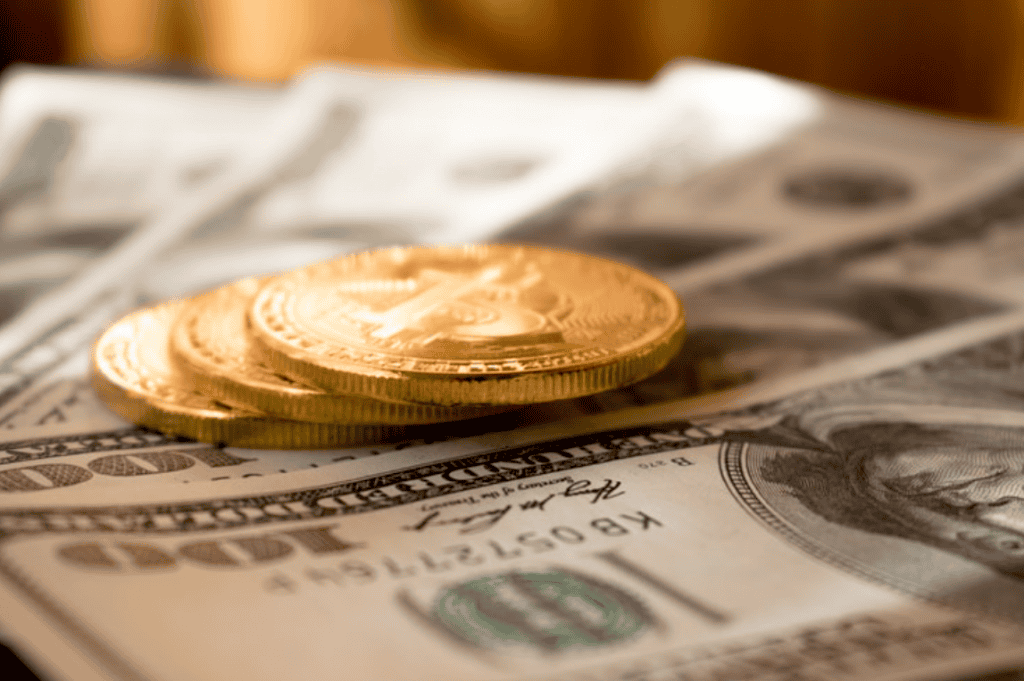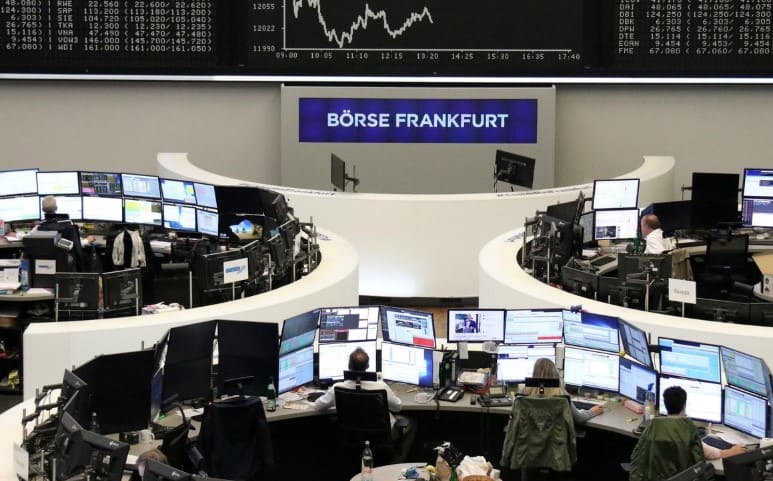
It is an age old debate and something I’ve spoken to many family and friends about for years: where do you prefer to save your money? I know a lot of people who say the bank. I know a lot of people who say at home in a safe. It is a conversation worth happening with the pandemic, concerns about financial woes and just unpredictability with the stock market.
Of course it raises the question rather it is wise to invest money in such a turbulent time where businesses are falling left and right. Some would argue absolutely, others would say be careful, but it is an investment that can pay off in the long run. When it comes to stocks I would argue you need to do your homework, be well versed in the lingo and not just do it because you think it will pay off big.
This brings me to the question of 401ks. I know so many people who lost thousands in the last year as the markets fluctuated greatly. I know personally that would drive me insane realizing money that I have invested for my retirement just vanished into thin air because there was instability in the market. Yeah, that raises an important question of how risky it is to invest your money in the market where it is constantly moving even though people tell you otherwise.
Hell, I’ve always had an issue having to be taxed if I take money that I saved or put away out because I needed it for an emergency. Um, hello, it is MY MONEY! So I’m already paying taxes on it and the government wants me to turn around and pay another tax on it. Tell me the fairness in that cause I don’t see any.
Enough chat about the stock market and 401ks, lets chat about the bank. Having a bank account is vital in terms of conducting business. Rather it be sending money, receiving money, cashing checks, paying bills, there are perks to having a bank account America. However, there are also drawbacks people like those pesky bank fees that the bank charges each month to hold your money and then complain when you ask for such fees to be waived or credited back to your account.
The thing that so many banks fail to realize is that you’re allowing them to house your money; you DON’T HAVE TO USE A BANK! I don’t think many banks realize that vital issue that is crucial to one’s success especially when it comes to attracting consumers. Most Americans have a checking account, where the likelihood of earning interest is little to none.
Then you have those savings accounts that most Americans would love to have, but it’s near impossible to draw interest on that money. You’re definitely earning less than 1 percent which means its pennies on a dime for the thousands of dollars you have in your account. You cannot earn interest if the bank is NOT willing to pay you interest. However, I believe every American must have a bank account just to handle everyday business.
Savings account? That depends on your personal preference I might be more inclined to place money on a CD where you’re likely to earn a bigger return on your investment the only issue being you cannot touch that money until the maturity has expired. Usually a year in most cases, but the longer you allow the money to sit the more money you will make in the process. I’m not a big fan of credit unions because many of those that I know you have to pay a fee to withdraw your money especially if you don’t visit the main branch of that credit union. However, whatever floats your boat, do what is best for you.
Then we transition to what people did way before banks existed: leaving the money at home. People like to keep their savings in a safe and that is nice and dandy, but your money is not protected if God forbid something unexpected transpires like a house fire, flood or burglary. The safe has its benefits because when you need those funds you can just go get it, but you have those worries about people knowing what you have at home in addition, you open up the door to constantly touching those funds and it makes it harder to save.
Money saving is NOT easy and everyone has his or her quirks. Whatever you choose to do as long as you’re saving money that is what matters most. If the pandemic has taught us anything it’s better to save than to not save because you never know what might transpire.
























